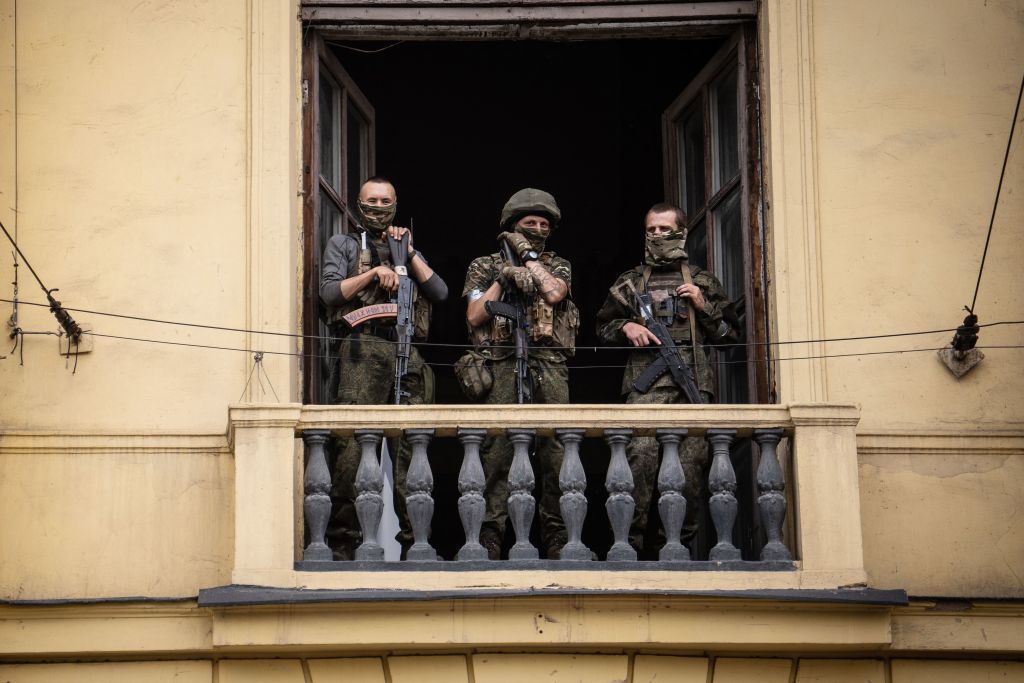Lithuanian President, Polish PM meet to discuss Wagner threat

President of Lithuania Gitanas Nausėda announced on Aug. 3 that he met with Polish Prime Minister Mateusz Morawiecki to discuss the presence of the Wagner Group in Belarus and the threats it poses.
Nausėda said that Wagner mercenaries in Belarus present an additional security risk for Lithuania, Poland, and NATO allies. Since March 2023, the Wagner Group has been considered a terrorist organization in Lithuania, due to the threat its members pose to the state's security.
Recently, thousands of Wagner troops and heavy equipment have poured into Belarus from Russia, after the group's abortive mutiny against the Kremlin.
Belarusian President Alexander Lukashenko claimed that he brokered a deal that meant the fighters would leave Russia. Minsk has claimed that the mercenaries are training the Belarusian military.
Polish Defense Minister Mariusz Błaszczak announced on July 18 that Poland's border with Belarus will be reinforced with two additional military brigades in response.
Ukraine's National Resistance Center reported on July 27 that the group continues to recruit fighters while based in Belarus, under a new condition that the new recruits are ready to participate in hostilities in neighboring Poland and Lithuania.
The meeting came after the Polish Defense Ministry confirmed late on Aug. 1 that two Belarusian helicopters violated the country's airspace during exercises near the border.
According to Nausėda, the meeting on Aug. 3 took place at the Suwałki Gap, an area southwest of the Lithuanian border with Poland.
The Suwałki Gap is strategically important due to its location sandwiched between Belarus and the Russian exclave of Kaliningrad.
Morawiecki said on July 29 that over 100 Wagner mercenaries were deployed in the Grodno region of Belarus near the Suwalki Gap, from where they could infiltrate into Poland.
According to the White House on Aug. 2, the U.S. is unaware of any concrete threats posed by the Wagner Group to Poland or other allies but is closely monitoring the situation.














